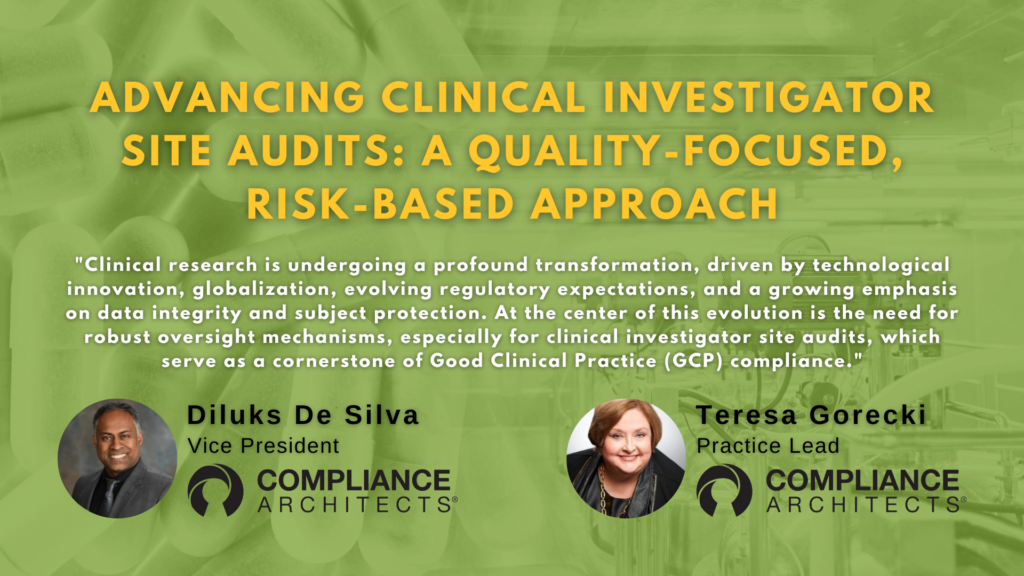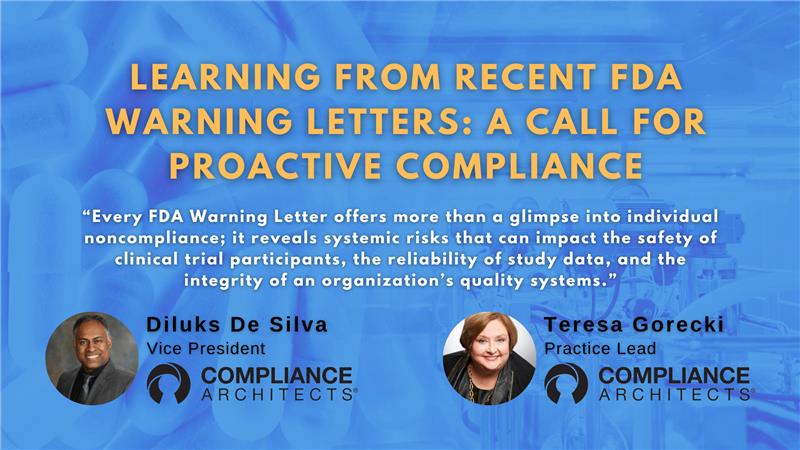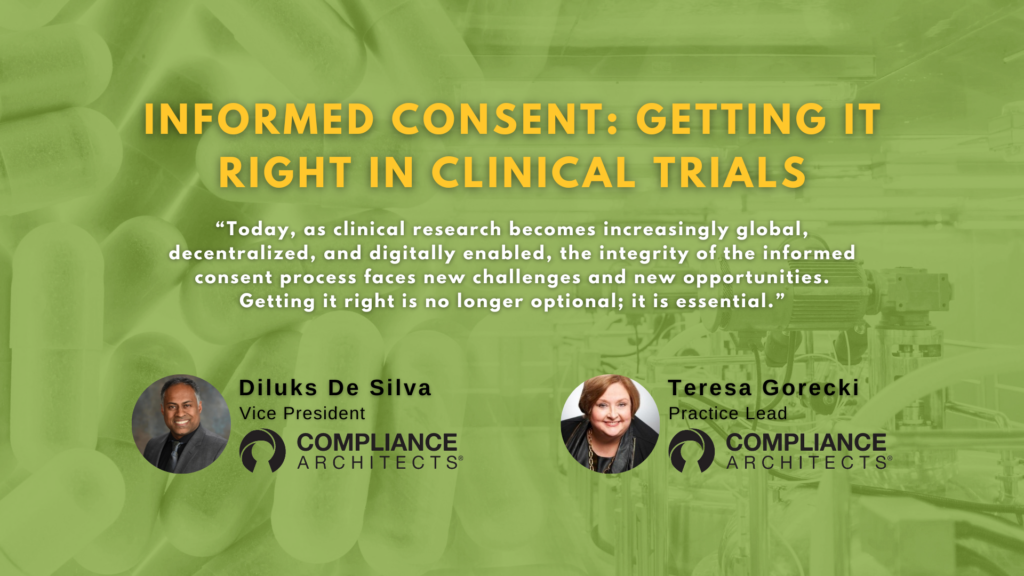If you are reading this now, you are probably in the middle of an enforcement crisis. Responding to an FDA-483, Warning Letter, or in some cases, a product seizure or injunction can be one of the most important, and most challenging, activities in your company’s history. Failing to ensure a proper response and failing to satisfy the FDA can be fatal to your business.
FDA’s enforcement arm is back in business! Commissioner of Food and Drugs Margaret A. Hamburg, M.D. has announced the following at an August 6, 2009 FDLI Conference in Washington DC:
- “The FDA must be vigilant, the FDA must be strategic, the FDA must be quick, and the FDA must be visible.”
- “We must get the word out that the FDA is on the job.”
- “[I]n some cases, serious violations have gone unaddressed for far too long” and that enforcement action “can be too long and arduous when the public’s health is in jeopardy.”
Read the full text of the Commissioner’s speech here: FDA Commissioner Margaret A. Hamburg, M.D. Enforcement Speech
Watch the video of the Commissioner’s speech here:
FDA Commissioner Margaret A. Hamburg, M.D. Speech Video
These statements, together with the new FDA 483/Warning Letter policy (below) add up to a new era in FDA enforcement, and one that will require the most experienced and capable team to ensure your don’t risk your business by being unprepared.
In our lengthy industry experience, your company must understand that there are absolute Dos and Don’ts in responding to the FDA:
DO:
- Unless you are an expert in FDA 483 responses, get an expert in FDA response preparation to assist you, right away, with the response to the enforcement action!
- Respond within 14 calendar days (10 business days) regardless of whether you are completely ready to respond or not.
- NOTE: As of 9/15/2009, FDA has enacted a new policy that FDA will issue automatic Warning Letters to companies that fail to respond to FDA 483s within 15 days! This is a significant policy change, and one that is indicative of the increased enforcement posture of the FDA.
- Strike a conciliatory and contrite tone in your communications, but, be sensitive to admissions of noncompliance
- Offer a complete, thorough and compelling remediation plan that addresses the discrete observation, but also identifies and remediates the root cause of the deficiency.
- At a minimum, notify FDA counsel of the situation, and preferably, ensure all communications with the FDA are reviewed by counsel.
- Establish TRUST with the FDA. If the FDA believes they can trust you, they will be more open to your approaches, plans, and efforts. On the contrary, if they feel they CANNOT trust you, you may very well be targeted for further enforcement action, and your life will get VERY difficult.
Here are some thoughts from the FDA on the topic: Responding to an FDA 483
DON’T:
- Complain about how the FDA is picking on you. They aren’t. FDA is charged with protecting the public health and safety. They have no concern whether your business makes money or not. They aren’t bad people — in fact, they are doing a very valuable job. Simply don’t mistake their mission or think you can persuade them that you’re being singled out or targeted unfairly. It won’t work, and it will only serve to decrease cooperation.
- Be late with your response. It does not matter how busy you are — you must get the response in timely. Although there is no regulatory limit (but see note on response timing above!) on when your responses have to be in, the Agency will perceive your lack of concern from the timeliness of your responses.
- Challenge the FDA’s interpretation of the law or regulation unless you’ve obtained expert counsel. In most cases it is not advisable to challenge the FDA’s interpretation of law or regulation, but certainly not without expert advice.
- Assume that you are out of the woods because you haven’t heard back from the FDA on your response. You should be undergoing a comprehensive compliance assessment to ensure that when they do walk back in your door — and they will — that you will present a world-class quality and compliance operation that will fully meet their expectations.
These Dos and Don’ts have been tried and tested in multiple enforcement scenarios within multiple companies. If any of this is unfamiliar to you, CALL AN EXPERT! Dealing with the FDA can be done predictably and cost-effectively, IF you have the right experts on your team. Don’t make the mistake of trying to do it yourself.
For additional information, find out more at www.compliancearchitects.com




